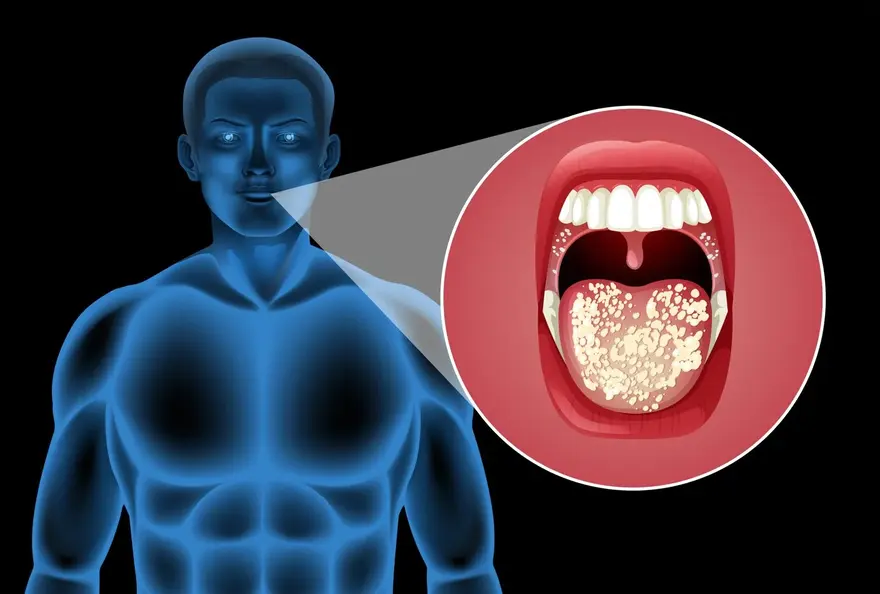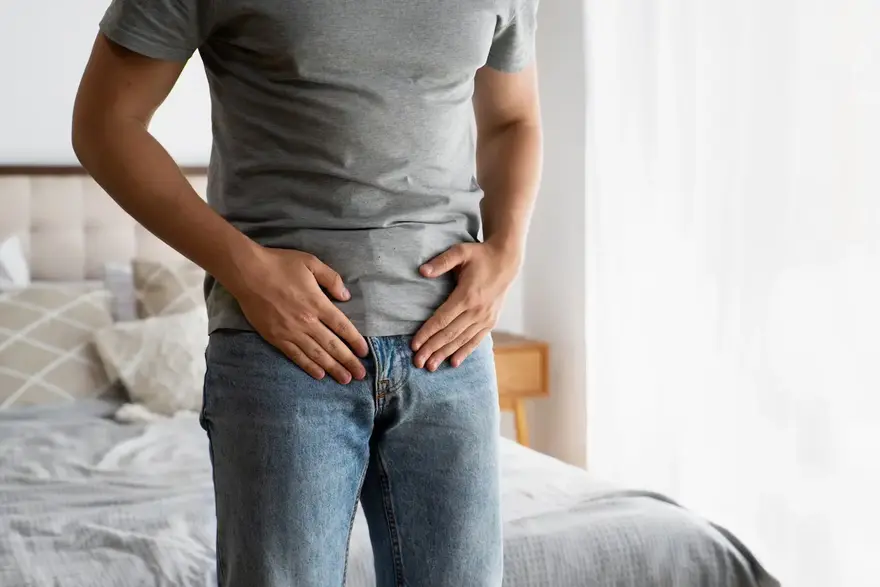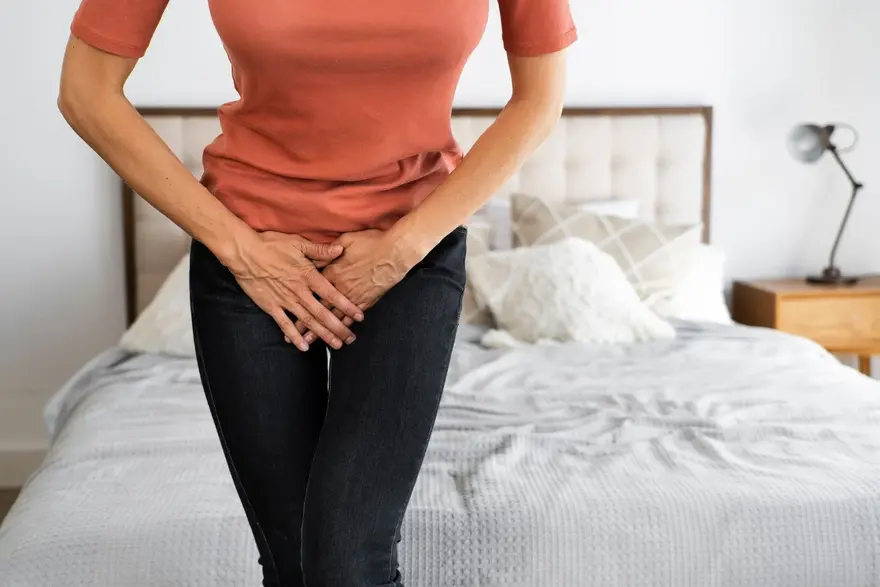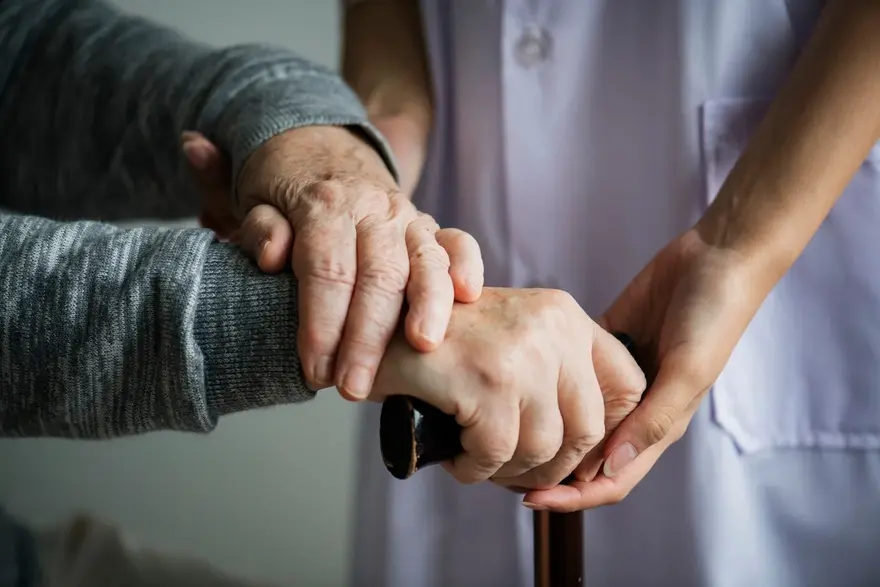Metropolis Blog
Pandemic related stress: 7 Tips to boost your mental health
The second wave of COVID-19 has evoked a sense of fear and devastation in many minds. The pandemic-related lockdowns, health issues of self and loved ones, financial crisis, and inability to meet near and dear ones- all have contributed towards a stressful environment. Fear and uncertainty are dominating our minds. Social distancing never meant emotional distancing The COVID-19 pandemic has had a major impact on our lives. Many of us are facing challenges that can be stressful and overwhelming. There is no denying that social distancing is necessary to reduce the spread of COVID-19, but some people have to go through the feeling of loneliness. Human interaction is important and lack of it has become one of the most important causes of pandemic-related stress. Remember, social distancing means physical distancing and not emotional distancing! Stay connected to your friends and family via virtual modes. Here are 7 Tips to boost your mental health 1. Take breaks from sensational news stories It is good to be informed, but if we know that those things are putting us under stress, then we can stop it for some time. Keep yourself away from overtly negative news, especially if you have COVID-19 or have been caring for a loved one at home. Do not check upon daily numbers as it can fuel anxiety. Remember every medium counts from the T.V to the newspaper. Be careful about the balance of watching important news and the news that could cause you to feel depressed and disrupt your mental health. 2. Connect with others: While social distancing measures are in place, try to connect with your friends and family through social media, by phone or mail etc. It is said that by opening up about your problems, you are getting an extra hand to solve them and you can be relieved to a great extent. Avoid feeling or making others feel negative, which increases your anxiety. Stay in touch with each other. Share your problems with your family and friends. And keep asking them too. 3. Make routine calls to your friend: It helps to manage your anxiety, and will help to adapt to the present situation. The first thing you have to do in this is to separate your working hours and non-working hours. Do not mix them at all. Try to balance professional and personal lives. 4. Proactively manage your sleep: Good sleep can prevent many health problems. Being sleepless can increase stress levels. Vice versa, when we are under stress, it directly affects our sleep. Now the question is, how do we sleep well? If you want to have a good sleep, then you have to take care of a few things. Protect yourself from blue light like mobiles and tablets, at least 1 hour before bedtime. Maintain a proper routine around your sleep and wake times Read books that relieve you of stress Do not see anything that stresses you before you go to sleep. Exercise every day. 5. Start “something” that makes you happy: Include a few habits in your routine that help you to make yourself happy. Learn singing, dance, paint, play indoor games, read books or write stories- feed your hobbies in your free time. Make time and do not always blame your busy schedule. Try to do something creative in your non-work hours that engages your mind, makes you happy, and helps you to reduce your stress. 6. Exercise as a depression medicine: Clinical studies suggest that regular exercise produces chemicals such as dopamine and serotonin, which are as effective as antidepressants or psychotherapy for treating mild depressions. Most people will not have access to the gym, so it is necessary to create a daily exercise routine at home. Doctors recommend exercising between 30-40 minutes for 5 days a week. So, make a small start with a 10-minute walk, then add a few minutes daily. Practice meditation on a routine basis. 7. Eat food that helps you overcome stress: This means eat everything healthy! A well-nourished body is better at dealing with stress. Increase your intake of whole grains, vegetables i.e., especially green vegetables, seeds, olive oil, cruciferous vegetables such as broccoli, cauliflower, cabbage, kale, and Brussels sprouts. Takeaway Feel free to talk about mental health. Never feel hesitant when talking about mental health, that is utterly wrong. People should be encouraged to talk about their feelings. It is not necessary that you talk to the family. You can also talk to someone who understands you and gives you the right advice. Take help from various support helplines. Do not give up! We are in this together and will come out stronger and tougher!
7 Scientific Tips for Aging Gracefully
The population of the world, as a whole, is living longer. It is thus essential to implement proactive steps to create changes at both individual and environmental levels, which can promote aging in a better way. The concept of aging well is a fundamental requirement to improve health and well-being in order to enhance length and quality of life. Aging well highlights the importance of maintaining a healthy lifestyle and keeping wellness on priority while growing older. Here are 7 scientific tips that can help you age gracefully: Keeping physically active It has been observed that poor health in old age is mainly caused due to the effects of multiple lifestyle choices, such as physical inactivity, poor diet, and smoking. Regular exercising lowers the risk of several diseases such as cardiovascular disease, diabetes, etc. Several studies also suggest that aerobic exercises may improve the symptoms of Alzheimer disease. Moreover, certain evidence have demonstrated the beneficial effect of physical activity on aging at cellular levels, causing an increase in energy, flexibility and overall sense of well-being. Various types of physical activity that can be done are: Simple exercises such as walking, jogging, yoga, weight lifting or a dance class possess multiple benefits as they can control weight, uplift mood, and makes you sleep better A 30 minute-walk every day, it can also be broken into shorter strolls It has been recommended that an adult should do 2½ - 5 hours per week of moderate-intensity exercise, 1 ¼ - 2 ½ hours per week of vigorous-intensity aerobic exercises, or a combination of these two. If you haven’t been exercising, discuss with your doctor about how you can get started gradually. Eating a balanced diet Diet is shown to play an active part in how well you age. Nutritious diet helps in keeping an individual mentally sharp and gives energy to enjoy day-to-day activities. Eating a balanced diet not only helps you age well, but also prevent oneself against various diseases such as heart diseases, diabetes, etc. Numerous studies have shown that chronic illnesses, particularly auto-immune diseases such as fibromyalgia and arthritis, can be associated with our diet, hence, a diet rich in anti-inflammatory components such as fresh fruits and vegetables is recommended. In addition, avoiding processed food with a higher glycemic index can raise your BMI, increase your waistline, and raise your blood sugar. Enough vitamin D level is essential as it helps contribute to bone health as you age. Salt should be kept to minimum to prevent high blood pressure. The recommended diet for aging well should include the following: Fruits and vegetables Whole-grain cereals, breads, rice, or pasta Lean protein, such as fish and beans Low-fat or fat-free dairy, such as milk, yogurt or cheese that contain vitamin D Focusing on mental health Mental health is very crucial as happiness with less stress levels can help a person age gracefully and liver longer and healthier. Various tips for improving your mental health includes: One should practice the habit of staying optimistic. Keeping a positive outlook can cure stress associated with life problems. One should stay connected as loneliness is harmful for your mental health. A lonelier individual has higher levels of stress hormones that cause inflammation, linked to disorders like arthritis. Meaningful relationships and a strong social network enhance both mental and physical well-being and longevity. Learn to embrace different aspects of life with a positive attitude. Find new hobbies as exploring new and meaningful things can provide a sense of purpose and keep your anxiety levels to minimum. Keep yourself busy to lessen stress about things you can’t control. Getting enough sleep The sleeping habit of an adult in this era has been greatly affected by changed lifestyle and work pressure. This sleep-deprived state in turn, leads to fatigue and premature aging of body cells. It has been observed that insomnia is more common in older adults. Thus, sticking to a sleeping schedule is important as it can keep a body in sync for appropriate sleep. For an uninterrupted sleep: Keep the room a little cooler and dark Avoid caffeine or alcohol in the evening Avoid electronics before bedtime which emit blue light. Usually sleeping hours are majorly dependent on your age, an 8-hours sleep is recommended for an adult for better mental and physical health. It has been reported that our skin cells build and repair themselves during sleep, and that’s why we feel renewed and rejuvenated. Beneficial effects of appropriate sleep include: Reducing stress and anxiety Lowering the risk of heart disease and stroke Reducing the risk of obesity Improving focus and concentration. Restricting smoking and alcohol consumption Smoking and alcohol, both have shown many negative effects on the process of aging. Cigarettes, chewing tobacco, and other products with nicotine can cause ailments like heart disease, cancer, lung and gum disease, etc. Similarly, limit your alcohol consumption to avoid risk of health diseases including liver ailments. Quitting smoking isn’t easy, but there are resources that can help you quit. Seek the help of a healthcare professional. It has been reported that your body begins to heal within 20 minutes of your last cigarette. Scheduling health tests on time As you age, your body organs also age. The aging body organs are more prone to get diseased and less likely to repair themselves. By getting your health tests done regularly, you are keeping an eye on the aging body. This helps to identify any health condition at an early stage, and take action. Ensure to get a full body check up done twice a year. Maintain hydration Hydration is vital to our bodies as drinking water regularly helps in releasing out toxins and aids in digestion. Additionally, it aids in sleeping better, and improves focus and weight loss. Adequate water intake can also help you avoid dry, flaky skin and fine lines, which in turn, can help your skin look younger.















 WhatsApp
WhatsApp